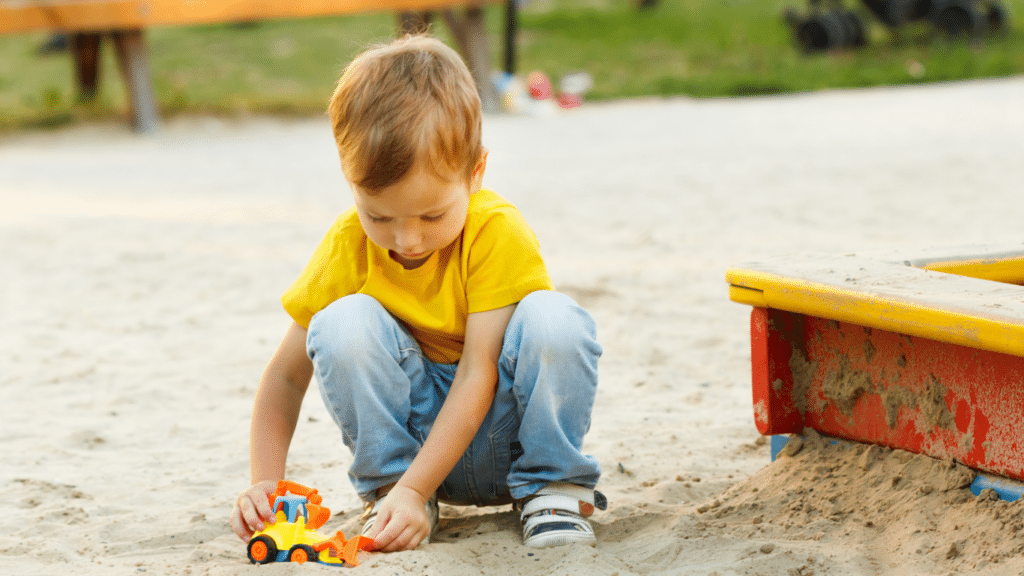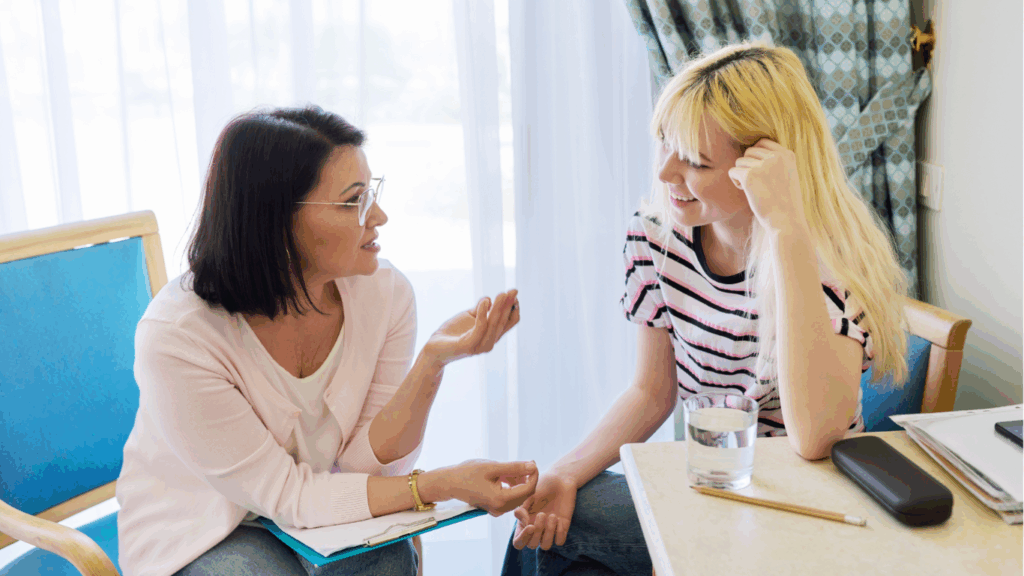Tara Webber, Registered Clinical Counsellor and adoptive mom, provides her tips on building a struggling child’s self-esteem.
If you ask children what they do well, there is usually a long pause as they search for an answer. Ask them what they don’t do well, and they have an instant list. When I was working as a counsellor in an inner city elementary school, I focused on helping many children build self-esteem. One particular grade five girl, Zoe, who was in foster care, is a good example of how difficult it is for some children to feel good about themselves.
After meeting Zoe several times and getting to know her, I asked her to write the alphabet down the side of one page. I then asked her to take a week and think of something about herself for each letter (i.e., A = awesome, B = beautiful, etcetera).
The next week, when Zoe came to my office, she showed me what she had done. She had filled the page with something for every letter. The only problem was, each word was heartbreakingly negative: A = angry, B = bad — you get the point. This told me more about Zoe than I expected.
After that session, I thought long and hard about how to help Zoe build her self-esteem and to change her view of herself. I decided to focus on helping her find something she was good at and recruited the help of those around her. Her foster parents put her in swimming and dance, and her teachers focused on positive feedback and asked her to tutor a grade one student with math. During my meetings with Zoe, we focused on the present and the future, not the past.
Over six months, Zoe made definite improvements in her self-esteem. She wasn’t good at every sport, and she didn’t get great grades but, I believe, she understood the balance between strengths and weaknesses and discovered that she was talented at many things including (in her words) “helping children learn.” Zoe left the school that year. I hope that she took with her an improved view of herself that will last her a lifetime.
As they often question what they may have done wrong to cause parental abuse, neglect, or abandonment, adopted kids may be even more acutely aware of their weaknesses than other children.
There is no doubt in my mind that all children are better off if they feel that they are a master at something, good at many other things, and that they understand that we all have weakness and strengths. The question is, how do we gently lead our children to discover their strengths and talents? Telling a child they are good at something is one thing; having them truly feel from within that they are, is another.
Over the last five years, my daughters have been able to develop their own list of strengths and talents — something they definitely couldn’t do before I adopted them. Working with children in schools, as well as loving my own three children, has given me the time and experience to create ways to help children build their self-esteem. Here are my top ways to help children find their own strengths and talents, along with an example of each.
- Talk about weakness in terms of what your child can do, not what he or she can’t do. Rather than being “bad” at math, explain something like, “You have difficulties with fractions but are good at adding.” Give kids opportunities to discover talents by having them try different activities.
- When disciplining children for behaviour always end the conversation with a positive. “You know that lying is the wrong choice and there is a consequence, but you are a good person and I believe that you can do better at being honest.”
- Be open about your own strengths and weaknesses. “I’m not very good at spelling, but I’m a great public speaker.”
- Don’t criticize or point out every error; if you are about to make a criticism stop and ask yourself why? Maybe he or she didn’t clean the dishes to your standard, but it’s more important to say thanks than to point out what they didn’t do.
- Give children the opportunity to do something for charity. We all feel better about ourselves when we do something for others.
- Praise children often but sincerely and specifically. Try saying, “I really love the way you used so many colours in your art,” rather than, “That picture is great.”
- Brag about your kids’ strengths and talents to family, friends, and anyone who will listen.
- Brush up on the seven different types of intelligence (google Howard Gardner for more information) and share it with your kids.
- Use humour; don’t take your or your child’s weaknesses too seriously. My oldest daughter is definitely challenged by math. We always say that her favourite invention is the calculator—mine is the spell-checker!





